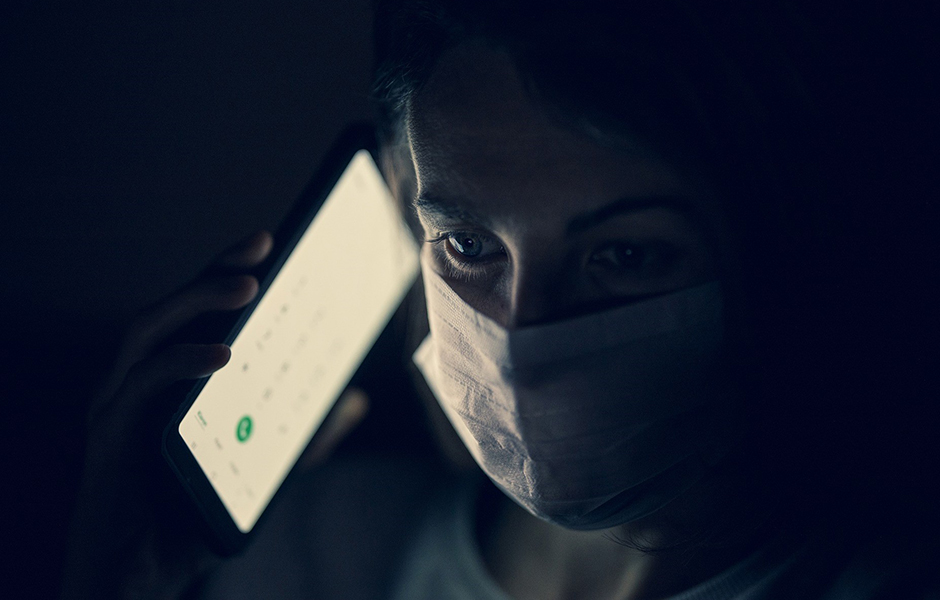Resting between shifts, maintaining social contacts, talking about your feelings, and eating healthy are strategies that are associated with lower levels of stress, anxiety, and depressive symptoms among Portuguese nurses.
This is one of the conclusions of a team of researchers from CINTESIS – Center for Health Technology and Services Research that is following up the evolution of nurses’ mental health during the COVID-19 pandemic. The scientists who are also nurses, are looking for factors that may be protective or on the contrary, may be related to worse mental health in this context.
Preliminary data indicate that, among nurses, being a woman and being young are predictive factors of more stress, more anxiety, and more depressive symptoms, which lines up with results obtained in the general population. Male and older nurses, as well as specialists in Mental and Psychiatric Health, are the ones who report lower levels of symptoms.
According to Francisco Sampaio, a CINTESIS researcher, nurses who always or frequently use some strategies, namely rest between work shifts and eat healthy, are also those who complain least about stress, anxiety, and depressive symptoms.
Likewise, maintaining social contacts and talking about your feelings and emotions often seems to help prevent mental health problems among these health professionals.
Interestingly, nurses who spend less time looking for information about COVID-19 are those who say they are less stressed, less anxious, and less depressed.
Francisco Sampaio also says that about 38% of the nurses heard admitted that they sought information for more than two hours a day, which is associated, above all, with higher levels of stress.
The data were obtained via an online questionnaire that was available to be answered from March 31 to April 14. 821 nurses participated in the study. Their average age is 39 years old. 81% are women. The researchers Carlos Sequeira and Laetitia Teixeira are also part of the team, and the study should be continued until the end of the pandemic.

